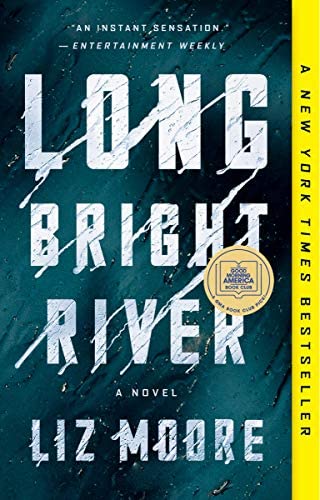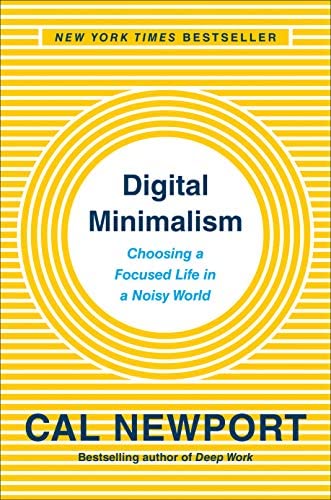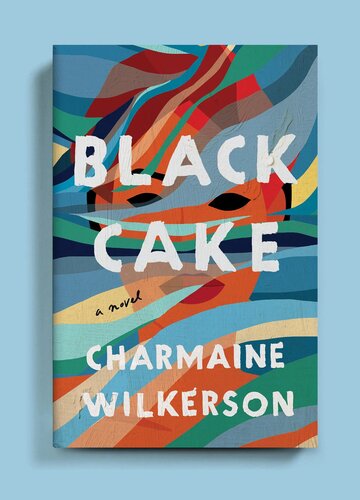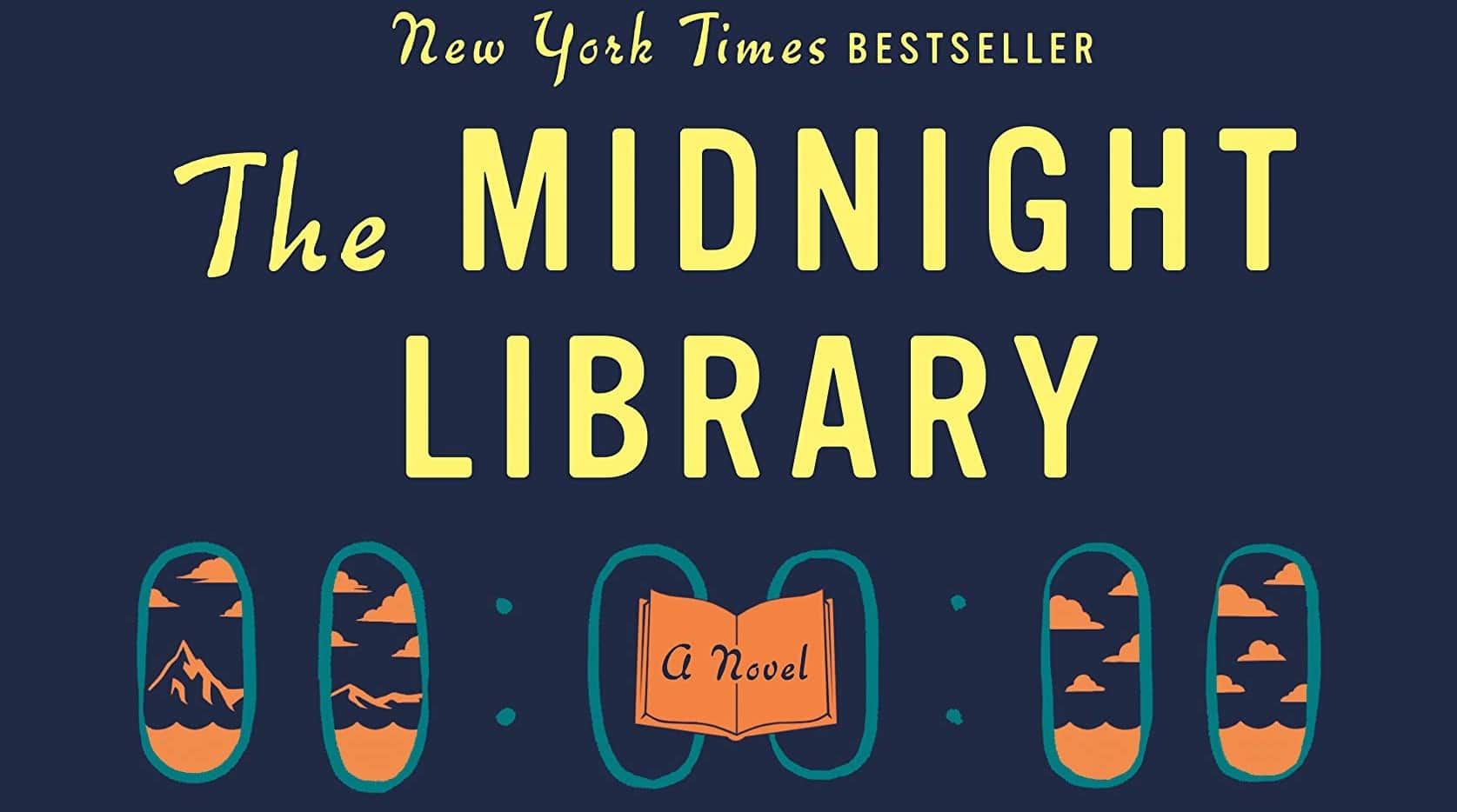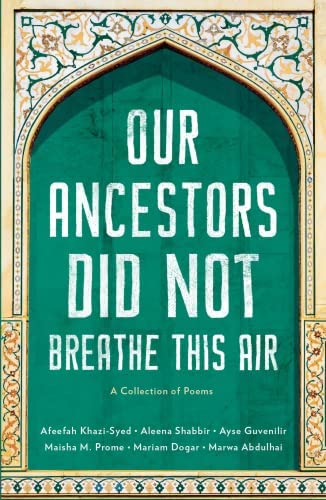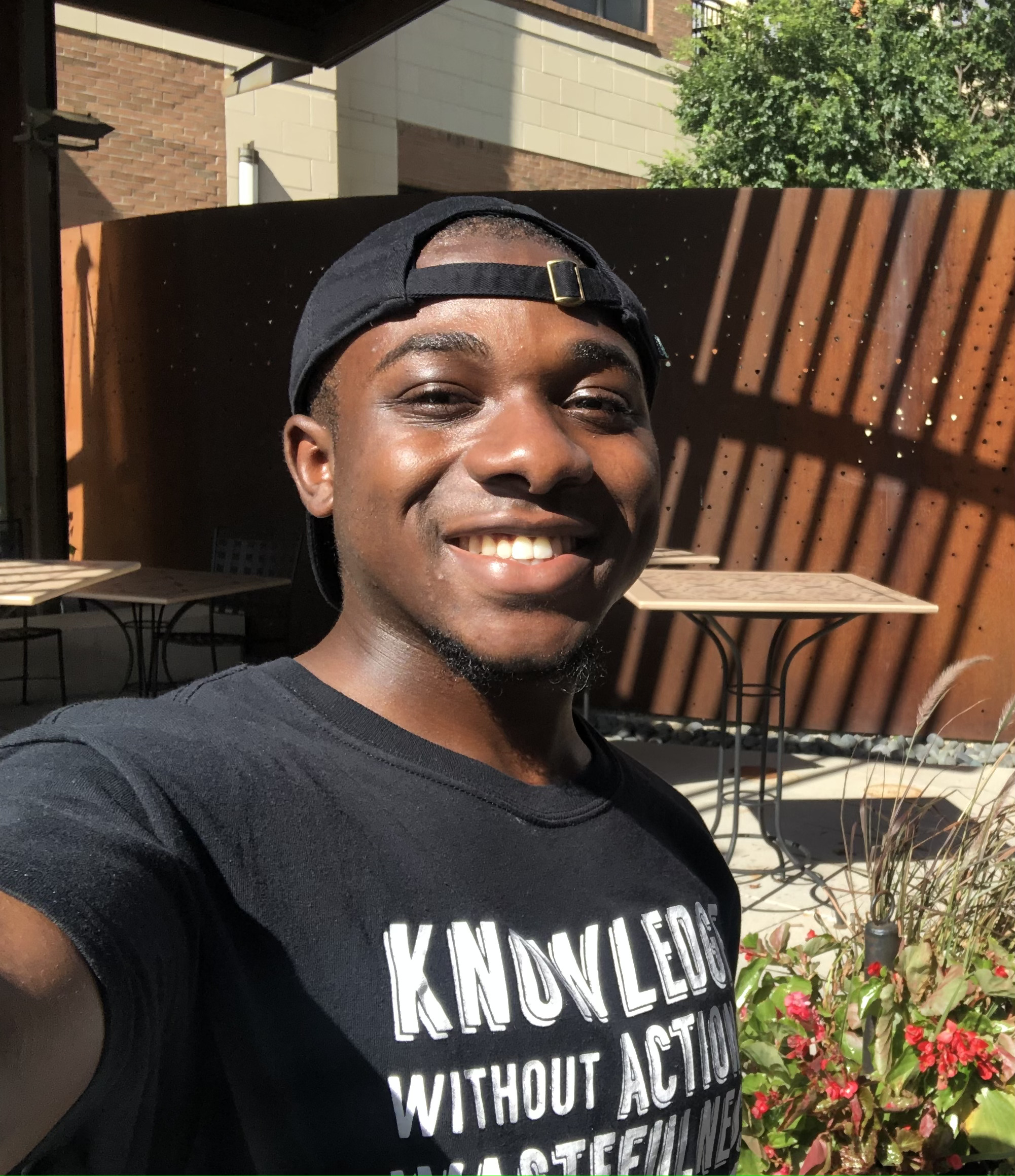
Reflections on "Digital Minimalism"
(15 min read)Digital Minimalism by Cal Newport is a book written both about me and for me. Newport's writing is clear and direct, and his insights are precisely genius. The book is about me because I have inadvertently been practicing many of Newport's recommendations throughout my adult life. The book is for me because Newport's analyses put words to what I only had sentiments and inclinations to describe. By his metric, I would describe the younger me as a novice digital minimalist. With his insights, I can actively embrace digital minimalism, and hopefully taste even more of the sweetness that a balanced life has to offer.
In this post I'll share an overview on meaningful lessons I found throughout the book(not exactly a summary), I'll dive deeper into how I unconsciously became a digital minimalist, and finally, I'll talk about my growth and my journey forward.
Meaningful Lessons
My Inadvertent Minimalism
The Journey Forward
Conclusion
Meaningful Lessons
There are 5 lessons that I take away from Digital Minimalsim. Three of these five lessons Cal Newport distills explicitly in his conversation on leisure. The remaining two lessons come from his commentary on solitude and planning. Here I mix my commentary with borrowed wisdom from the book.
>>>Leisure>>>
Newport comes to the conversation on leisure, necessarily, through his espousal of a balanced digital life. The counterbalance to online life is the life we experience in person. Certain types of leisure are what allow us to taste the sweetness of our tangible lives. Here Newport explains that there are grades to leisure. Surely social media offers a particular kind of leisure. However, with the right components leisure can offer greater and healthier forms of elation. This he calls "high-quality leisure". What characterizes high-quality leisure is: exertion, specific goals, and structured social interaction
Leisure Lesson #1
"Prioritize demanding activity over passive consumption"
Contrary to what one might assume, we derive greater pleasure from activities that require more effort on our part. The exertion of an activity--say the intensity of running in a basketball game--engages our brains in a way that sedentary and lower-effort activities cannot. This advice resonates with my own experience because many of the meaningful memories that I have collected in my life come from moments when I was exhausted. Whether this be chats after track practice, heaving after playing family tag or manhunt, or fighting sleep on the tail end of an all-nighter, each of these states reflects the aftermath of some strenuous activity. Though the strain comes in different modes, every form contributes to the treasure of the moment.
Newport adds to this insight by offering the statement "doing nothing is overrated". It is easy to feel that rest and relaxation are near the pinnacle of leisure. Rest is critical, true, but nothingness is seldom the foundation of our most enjoyable experiences.
Leisure Lesson #2
"Use skills to produce valuable things in the physical world"
Producing tangible things of value adds to the quality of leisure. Though it is not an intrinsic requirement of high-quality leisure, producing things in the physical world taps into an innate need that so many of us feel. As Gary Rogowski writes, “People have the need to put their hands on tools and to make things. We need this in order to feel whole” (Handmade: Creative Focus in the Age of Distraction). I am very cognizant of this need within myself, thus my decision to pursue engineering. I resonate even more with the notion that tangible creation bolsters self-worth. This idea is captured eloquently by Mathew Crawford when he writes: "In a culture where screens replace craft, people lose the outlet for self-worth established through unambiguous demonstrations of skill".
Leisure Lesson #3
"Seek activities that require real-world, structured social interactions"
For structured social interaction, Newport gets at the centrality of connection to quality leisure. Connection necessitates the involvement of other people, however, collocation is not sufficient to guarantee interaction. I understand this to mean that the establishment of rules of engagement alleviates the burden of organization on our minds and facilitates connections. A typical source of structure is specifying a goal. Having a goal offers implicit and explicit guidelines for interaction. It is a staple in most organized social activities and has the added benefit of facilitating comradery and allegiance.
While this analysis of leisure might be dauntingly academic, it is easily palatable when we recognize that these components of leisure are present in any sports game. Learning from this lesson, the activities I've committed to filling my personal life with are playing more basketball, doing more group volunteering, and trying out group craft projects.
>>>Solitude>>>
Solitude is a necessary component of healthy living. To understand the benefits of solitude and how solitude connects to the idea of digital minimalism we must first define solitude. Newport describes solitude as time in which our minds are free from the influence of other minds. Such time he says helps us clarify hard problems, regulate emotions, build moral courage, and strengthen relationships. This definition illustrates that solitude is exactly the thing we are deprived of in our excessive use of digital socializing.
The benefits of solitude build on one another. When we allow our minds to work independently of others' influence, we can explore deeper thoughts and offer more brainpower to the problems we face. This time with ourselves, similarly allows us to experience and understand our emotions more thoroughly. Greater understanding precipitates improved self-control. In our states of deep reflection, we inevitably encounter our foundational thoughts--beliefs. So much of what we believe is unconsciously adopted from our environment, however, when we engage our beliefs and reconcile them for ourselves, that equips us with greater conviction to defend our beliefs. All these aspects of deeper thought, emotional regulation, and moral courage beget a better understanding of one's self. Self-knowledge bolsters relationships because we are conscious of our likes, dislikes, wants, and needs. Additionally, living through moments of solitude brings more sweetness to our moments of interaction with others.
Ready access to digital social lives at our fingertips has extinguished our moments of solitude. We are deprived of opportunities for deeper thought and reflection because of social media. There is always an alternative to low-effort stimulation from likes and comments online. Newport writes that "\[checking social media\] becomes a nervous twitch that shatters uninterrupted time into shards too small to support the presence necessary for an intentional life."
>>>Planning>>>
So much of what Newport writes about revolves around intentionality. Planning is a manifestation of time spent intentionally. Newport advocates a balanced and productive lifestyle. Ensuring productivity in the grand scheme of one's days whilst only considering one's schedule through the narrow lens of immediate next steps is nearly impossible. In simpler words, you can't promise balance and productivity without making a plan. Scheduling our activities ahead of time allows for a few things:
1) be selective about which activities get our attention and time(this can include social media)
2) constraining the amount of time a particular activity gets
3) alleviate the stress of juggling simultaneous obligations(each commitment is given its own time)
4) ensure progress toward one's larger life goals
We can also benefit from choosing the timescale for which we plan. There are daily schedules. weekly plans, monthly plans, seasonal plans, etc. The larger the timescale the larger the goal it's suited to accomplishing. I find that no matter how large the goal is, there is some daily manifestation of progress towards that goal that we can use to better hold ourselves accountable.
My Inadvertent Minimalism
Much of Cal Newport's advice I was already a practitioner of before reading the book. I minimized social media use in my life for different seasons throughout my life. I limited contact time with screens. I cultivated a comfort with silence and solitude.
>>>My Rebellions with Social Media>>>
I am not a rebel against social media, but I've long been rebellious against its metastasis. Cells and cancerous cellular reproduction, I feel, form an apt metaphor for social media. The cell is not inherently bad. Quite the opposite, in fact, for cells form the foundation of life itself. They are a miracle, in and of themselves. The benefits become less pronounced when we consider a cell not fulfilling its purpose, nor any purpose--a benign tumor. Harm presents when the undirected cell multiplies to point of displacing and impeding other cells that are fulfilling their vital role--malignant tumor. It is a grave thing when the cancerous cell growth escalates to the point of migrating to other systems of the body. Here a cell not only impedes the operation of a system, but its very nature has transformed into something that can impede other areas of a living organism--metastasis. The metaphor writes itself. Social media at its core is a platform for connection, and connection is a vital component of humanity--connection is the cell. We allow for aimless connection which is not inherently bad but is a bit of a waste--the benign tumor. We escalate to spending exorbitant time on social media, under the pretense of connecting, to the point of displacing time for healthy forms of connection--much like cancerous growth. Ultimately we arrive at the point where our use of social media is so imbalanced that it holds the spotlight even in in-person social gatherings (think, friends at dinner scrolling on Instagram, TikTok, etc.). Metastasis.
I discovered social media with my first Facebook account in 2012, and since I've taken many a hiatus. Within high school, I deactivated my Facebook 2-3 times. I was so thorough on the last go-round that I effectively deleted the account and had to make a new one. A little time before college came around I jumped on Snapchat. As far as I'm concerned my snap stories were HILARIOUS. But, I left the app about 2 years in once I felt like my snap streaks were consuming my life. Now I'm on Instagram, and I'm far from the most consistent. I don't say this to boast, it is mostly an admission that some part of me never completely accepted social media.
>>>Dumb Phones and Fewer Screens>>>
Another practice of digital minimalism I had already implemented was limiting my screen time.
My sophomore year of college marked my first venture returning to the flip phone. I abandoned my smartphone mostly to reduce anxiety. I was an overzealous college student who signed up for every committee and my cell phone became a never-ending buzz of e-board messages....so I fled. I didn't quit my commitments but I made it harder to reach me by downgrading to a flip phone. it was FANTASTIC. I didn't lapse on my obligations because there isn't much a phone can do that a computer can't, but I did annoy a good number of fellow board members and close friends. Anyone safe from the inconvenience of needing to coordinate with the man with a flip phone was quickly filled in on the details if they came across me. I told EVERYONE. I might as well have gotten a t-shirt with "have you seen my new flip phone?" written on it. Why wouldn't I tell everyone? I could breathe more easily. The world had more color. I felt much more present in every interaction.
I returned to my smartphone several weeks later, sadly.
The pull was too strong. I didn't quite have the conviction and boundary-setting necessary to maintain my flip phone and my commitments for long. I've grown in this regard, and since my sophomore year, I've taken a handful of jaunts back into the world of dumbphones. It's no longer a lifestyle shift and more of a momentary detox. Now and then, I need to remind myself what it is to live without the constant interruption of group chats and app updates. I need to remind myself that I am capable of surviving without the internet at my fingertips. I need to practice being more mindful of God. I need to make better use of my life time. So I take a break. When I'm content that being fully present in my interactions is no longer challenge, I come back. There are so many tools and conveniences that smartphones afford that help me become the man I wish to become, so I make use of them...in moderation.
>>>Learning to e Alone>>>
My adaptation to solitude was forced upon me by circumstance. I say adaptation because, yes, it required retraining of sorts for me to be comfortable with silence and solitude. The first extended circumstance to force this upon me was 2019 summer in the Bay. California is a wonderful place, and summer is a wonderful time to be there. I enjoyed myself. Still, I was there without a car and there were many weekends when I simply have nothing to do and no one to entertain me. I am not used to such circumstances--I was born into a full house and surrounded by people since. I called what people I could, but there are only so many hours one can fill with phone calls. The rest of the day I took to sitting on the porch. Just sitting. I thought and read sometimes, but there was a lot of sitting.
Sitting still that summer kept me from running from myself. So much of what filled my life up until that summer was an excuse to not be present with myself. I can't say that I discovered my deepest desires, my biggest dreams, and my greatest flaws that summer. However, I can say I came to terms with what I did and did not know about myself. And I allowed myself the patience to discover those things.
Since my 2019 summer, I've met solitude on several occasions. The most pronounced of these was my first year of graduate school. I lived alone in the middle of nowhere(West Lafayette, IN ...BOILER UP!) in the heat of the COVID pandemic. There were layers of isolation, but I was calm because I had already learned how to keep myself company. There were other occasions when I sought solitude. After being sent home from college, at the initial outbreak of the pandemic, I spent many hours sitting alone on the porch, once again. The porch was an escape from being cooped up inside, but it was also a desperate return to solitude. There was a calm I tasted in being alone that I couldn't find elsewhere.
I see my inadvertent digital minimalism as a testament to God being the ultimate source of wisdom. There is incredible wisdom captured in the book Digital Minimalism, and yet a decent chunk of it I found I already know. That is not a credit to me. Rather, it is proof that insights are a gift that God bestows upon whomever God wills, and none of us gets everything. It is why we can always learn from one another. I'm grateful Cal Newport chose to share his wisdom in a book.
The Journey Forward
I believe that often less is more. If we are selective in what advice we choose to adopt then, just maybe, we can hold on to that benefit for the rest of our lives. To that end, I've embraced only two action items:
1) Filling my time with high-quality leisure
2) Articulating and abiding by my purposeful use of social media
In the weeks, since I listened to this book I've manifested these actions in a few ways.
For leisure, I've looked into basketball leagues around the city, I scoped out and visited a martial arts class in Brooklyn, I've made more things with my hands around the house, and I even visited a game board cafe(not exactly my scene but it was cool). All of these activities describe a form of medium to higher-quality leisure. I've yet to establish a habit with any of these, but there is growth here still. I identified activities that I might be interested in with an understanding of what aspects made them quality leisure and what space this leisure should fill in my life. Perhaps most importantly, I tried them. There were some moments of timidness walking into some unknown establishment with new faces. As Elyse Myers says, though, I did them afraid. I hope to keep searching even as I'm scared. Leisure is important.
Towards purposeful social media use, I wrote out my own personal reasons for using social media. Again, this is a small but very momentous step for me. For a while, I've understood why I use social media but there is a new level of accountability that can be had once you've something to words. I use social media to expose myself to other poets and build my artist circle, receive Islamic reminders, and find more positive masculine influence. There are other benefits to be had, but those are not part of why I continue to use social media.
Conclusion
Holding to my commitments and doing my utmost to continue to manifest the benefits of this book's wisdom in my life is difficult. It will be difficult. Most things worth striving for are. I'll extend myself some mercy as I try, though, because to try consistently is a feat in itself. Besides, it's easier to be forgiving here when we understand that "[d]igital minimalism is not a one-time transition, it's an ongoing philosophy"(Cal Newport). Good luck!

